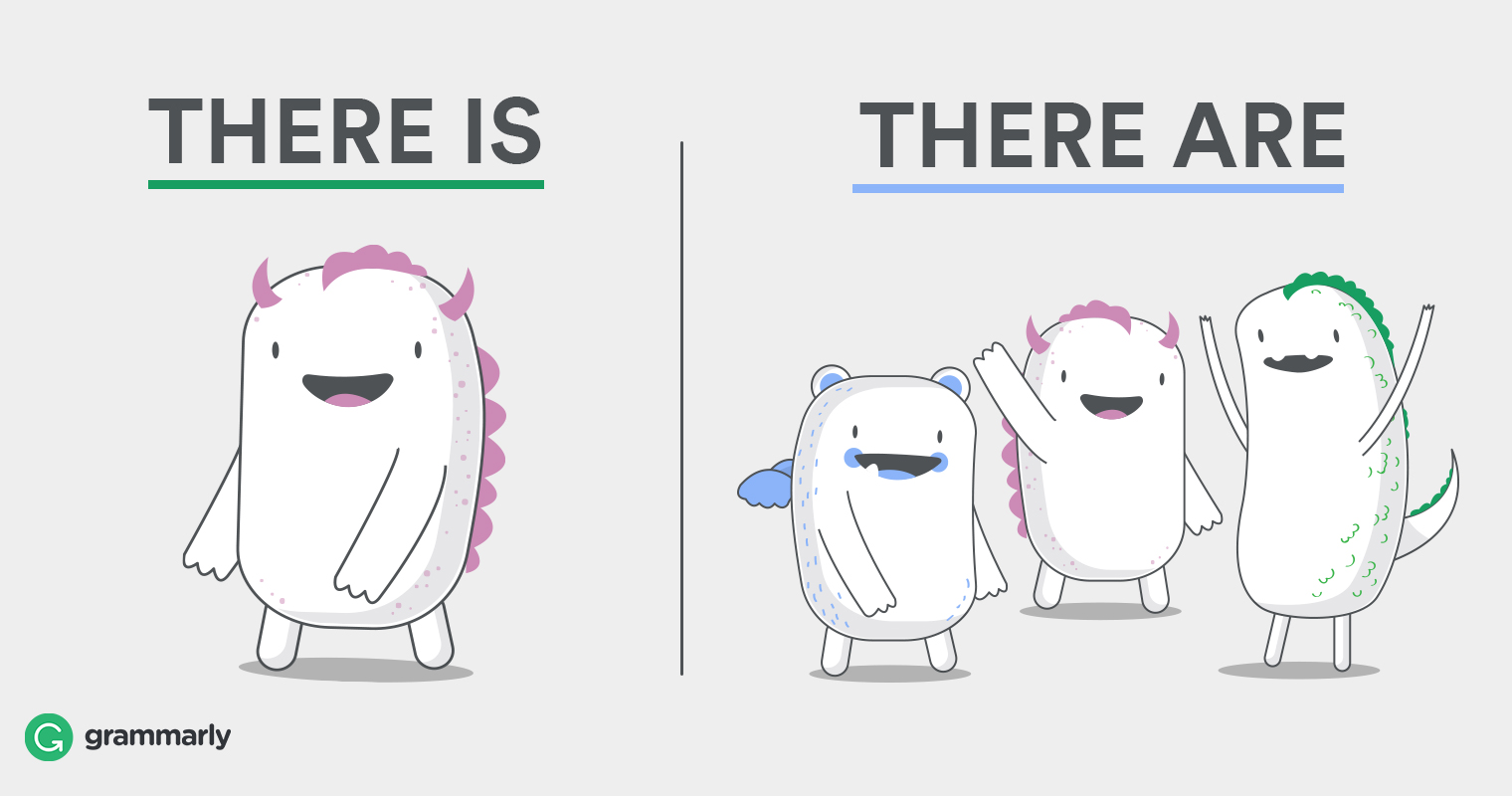AI-Generated Article
This content has been automatically generated using artificial intelligence technology. While we strive for accuracy, please verify important information independently.
Imagine this: the year 1599 in London, a time of great change and intrigue. Historians whisper about "the event of 1599," a peculiar occurrence that left some scratching their heads. Could it be that a zombie apocalypse unfolded during Shakespeare's era? While it sounds like something out of a modern horror flick, some evidence suggests there might be more to this tale than meets the eye. Let's explore the facts, myths, and everything in between.
Archaeological findings and historical accounts sometimes tell tales that are stranger than fiction. In the case of 1599 London, the story takes a turn into the realm of the undead. With resources for surviving a zombie apocalypse becoming a trending topic, could it be that our ancestors faced a similar threat centuries ago? Let's delve into the evidence and uncover what really happened.
Before we get too carried away, it's essential to remember that history is full of surprises. Sometimes, what appears to be a zombie apocalypse might just be a misinterpretation of events. Yet, the idea of a zombie invasion in 1599 has captivated the imagination of historians and enthusiasts alike. So, let's dive right into the details and see what the fuss is all about.
Table of Contents
- Was There a Zombie Apocalypse in 1599?
- What Evidence Exists?
- Could It Have Been Zombies?
- Was There a Zombie Apocalypse in 1599 - The Archaeological Perspective
- Who Was William Shakespeare During This Time?
- How Did People React?
- What Can We Learn From This?
- Is the Zombie Apocalypse a Modern Myth?
Was There a Zombie Apocalypse in 1599?
Let's start by asking the big question: was there a zombie apocalypse in 1599? This might seem like a stretch, but the historical records do mention an unusual event. Some sources refer to it as "the event of 1599," describing a bizarre occurrence that left Londoners awestruck. Theories abound, but one of the more intriguing ones involves the undead.
Of course, the term "zombie" wasn't in use back then, but the concept of reanimated corpses was part of folklore. People were genuinely worried about the dead rising, and archaeological evidence from medieval England suggests they took precautions. So, it's almost like they were preparing for a zombie apocalypse, even if they didn't call it that.
What Evidence Exists?
When we talk about evidence, it's not like there are diary entries from 1599 saying, "Dear diary, today I fought off a horde of zombies." Instead, we have to rely on more subtle clues. For instance, archaeologists have uncovered burned and mutilated skeletons dating back to the medieval period. These remains suggest that people were fearful of the dead returning to life.
Now, you might be thinking, "But that's hundreds of years before 1599." True, but fear of the undead persisted through the centuries. In fact, it seems that in some villages, people took drastic measures to prevent zombies from rising. They believed that by mutilating the bodies, they could stop the dead from walking. It's just a little creepy, isn't it?
Could It Have Been Zombies?
Alright, so we have some evidence that people were worried about zombies. But does that mean there was a real zombie apocalypse in 1599? Well, that's a bit more complicated. For one thing, zombies as we know them today are a product of modern fiction. The idea of a virus turning people into mindless monsters didn't exist back then.
Still, the fear was real. People believed in all sorts of supernatural creatures, and the idea of the undead was not far-fetched. So, while it's unlikely that there were actual zombies roaming the streets of London, the fear of such a scenario was definitely present. And who knows? Maybe something strange did happen that year.
Was There a Zombie Apocalypse in 1599 - The Archaeological Perspective
Let's shift gears and look at the archaeological side of things. In Yorkshire, England, researchers found evidence of bones that had been deliberately mutilated. These bones date back to the medieval period, long before 1599. But the practice of mutilating bodies to prevent them from rising as zombies continued into the early modern period.
It's almost like people were taking no chances. They believed that by burning or dismembering the bodies, they could stop the dead from coming back to life. And while there's no direct evidence linking this practice to 1599, it does show that the fear of zombies was a real concern for centuries.
Who Was William Shakespeare During This Time?
Now, let's talk about William Shakespeare. He was a young playwright in 1599, just starting to make a name for himself. While there's no evidence that he encountered zombies, he was certainly aware of the supernatural beliefs of his time. In fact, his plays often include references to ghosts and other supernatural creatures.
| Name | William Shakespeare |
|---|---|
| Birth Date | April 23, 1564 |
| Death Date | April 23, 1616 |
| Place of Birth | Stratford-upon-Avon, England |
| Occupation | Playwright, Poet |
| Notable Works | Hamlet, Macbeth, Romeo and Juliet |
How Did People React?
So, how did people react to the idea of a zombie apocalypse? Well, it seems they took it pretty seriously. In some villages, they went to great lengths to protect themselves from the undead. They burned bodies, cut off heads, and even broke bones to ensure the dead stayed buried. It's kind of like they had their own version of a survival guide for the zombie apocalypse.
And let's not forget about the cultural impact. Stories of the undead were passed down through generations, influencing literature and art. Even today, we see echoes of these fears in modern zombie movies and TV shows. It's fascinating how these ancient beliefs have persisted through the ages.
What Can We Learn From This?
What can we learn from the supposed zombie apocalypse of 1599? For one thing, it shows us how deeply ingrained the fear of the undead was in medieval society. People took extraordinary measures to protect themselves, even if the threat was more imagined than real. It's a reminder of how powerful superstitions can be.
Additionally, it highlights the importance of understanding historical context. What might seem bizarre to us today made perfect sense to people in the past. By studying their beliefs and practices, we can gain a deeper appreciation for the way they viewed the world.
Is the Zombie Apocalypse a Modern Myth?
Finally, let's address the question of whether the zombie apocalypse is a modern myth. While the concept has certainly evolved over time, its roots go back centuries. The fear of the dead rising has been a part of human culture for as long as we've been telling stories. So, while the modern zombie might be a product of Hollywood, the idea itself is timeless.
And who knows? Maybe one day we'll uncover more evidence that proves there really was a zombie apocalypse in 1599. Until then, it remains one of history's most intriguing mysteries.
In summary, the idea of a zombie apocalypse in 1599 is a fascinating blend of history, folklore, and modern imagination. While there's no concrete evidence to prove it happened, the fear of the undead was very real. By examining the historical records and archaeological findings, we can better understand the world our ancestors lived in and the fears that shaped their lives.
🖼️ Related Images



Quick AI Summary
This AI-generated article covers Was There A Zombie Apocalypse In 1599 - Unveiling The Mystery with comprehensive insights and detailed analysis. The content is designed to provide valuable information while maintaining readability and engagement.
Ashton Paucek
✍️ Article Author
👨💻 Ashton Paucek is a passionate writer and content creator who specializes in creating engaging and informative articles. With expertise in various topics, they bring valuable insights and practical knowledge to every piece of content.
📬 Follow Ashton Paucek
Stay updated with the latest articles and insights